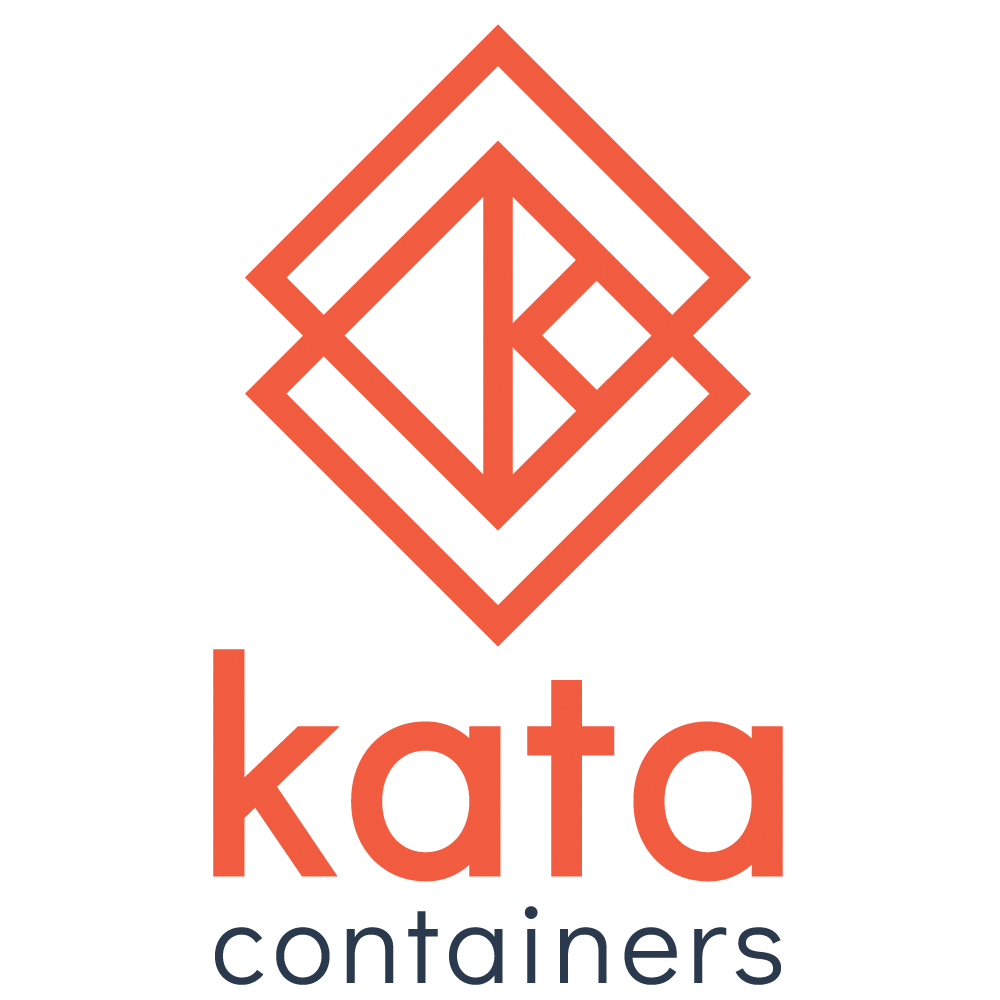Welcome to Kata Containers!
This repository is the home of the Kata Containers code for the 2.0 and newer releases.
If you want to learn about Kata Containers, visit the main Kata Containers website.
For further details on the older (first generation) Kata Containers 1.x versions, see the Kata Containers 1.x components section.
Kata Containers is an open source project and community working to build a standard implementation of lightweight Virtual Machines (VMs) that feel and perform like containers, but provide the workload isolation and security advantages of VMs.
See the installation documentation.
See the official documentation (including installation guides, the developer guide, design documents and more).
To learn more about the project, its community and governance, see the community repository. This is the first place to go if you wish to contribute to the project.
See the community section for ways to contact us.
Please raise an issue in this repository.
For older Kata Containers 1.x releases, please raise an issue in the Kata Containers 1.x component repository that seems most appropriate.
If in doubt, raise an issue in the Kata Containers 1.x runtime repository.
| Component | Type | Description |
|---|---|---|
| agent-ctl | utility | Tool that provides low-level access for testing the agent. |
| agent | core | Management process running inside the virtual machine / POD that sets up the container environment. |
| documentation | documentation | Documentation common to all components (such as design and install documentation). |
| osbuilder | infrastructure | Tool to create "mini O/S" rootfs and initrd images for the hypervisor. |
| packaging | infrastructure | Scripts and metadata for producing packaged binaries (components, hypervisors, kernel and rootfs). |
| runtime | core | Main component run by a container manager and providing a containerd shimv2 runtime implementation. |
| trace-forwarder | utility | Agent tracing helper. |
For the first generation of Kata Containers (1.x versions), each component was kept in a separate repository.
For information on the Kata Containers 1.x releases, see the Kata Containers 1.x releases page.
For further information on particular Kata Containers 1.x components, see the individual component repositories:
| Component | Type | Description |
|---|---|---|
| agent | core | See components. |
| documentation | documentation | |
| KSM throttler | optional core | Daemon that monitors containers and deduplicates memory to maximize container density on the host. |
| osbuilder | infrastructure | See components. |
| packaging | infrastructure | See components. |
| proxy | core | Multiplexes communications between the shims, agent and runtime. |
| runtime | core | See components. |
| shim | core | Handles standard I/O and signals on behalf of the container process. |
Note:
- There are more components for the original Kata Containers 1.x implementation.
- The current implementation simplifies the design significantly: compare the current and previous generation designs.
The following repositories are used by both the current and first generation Kata Containers implementations:
| Component | Description | Current | First generation | Notes |
|---|---|---|---|---|
| CI | Continuous Integration configuration files and scripts. | Kata 2.x | Kata 1.x | |
| kernel | The Linux kernel used by the hypervisor to boot the guest image. | Kata 2.x | Kata 1.x | Patches are stored in the packaging component. |
| tests | Test code. | Kata 2.x | Kata 1.x | Excludes unit tests which live with the main code. |
| www.katacontainers.io | Contains the source for the main web site. | Kata 2.x | Kata 1.x |
Kata Containers is now available natively for most distributions. However, packaging scripts and metadata are still used to generate snap and GitHub releases. See the components section for further details.
